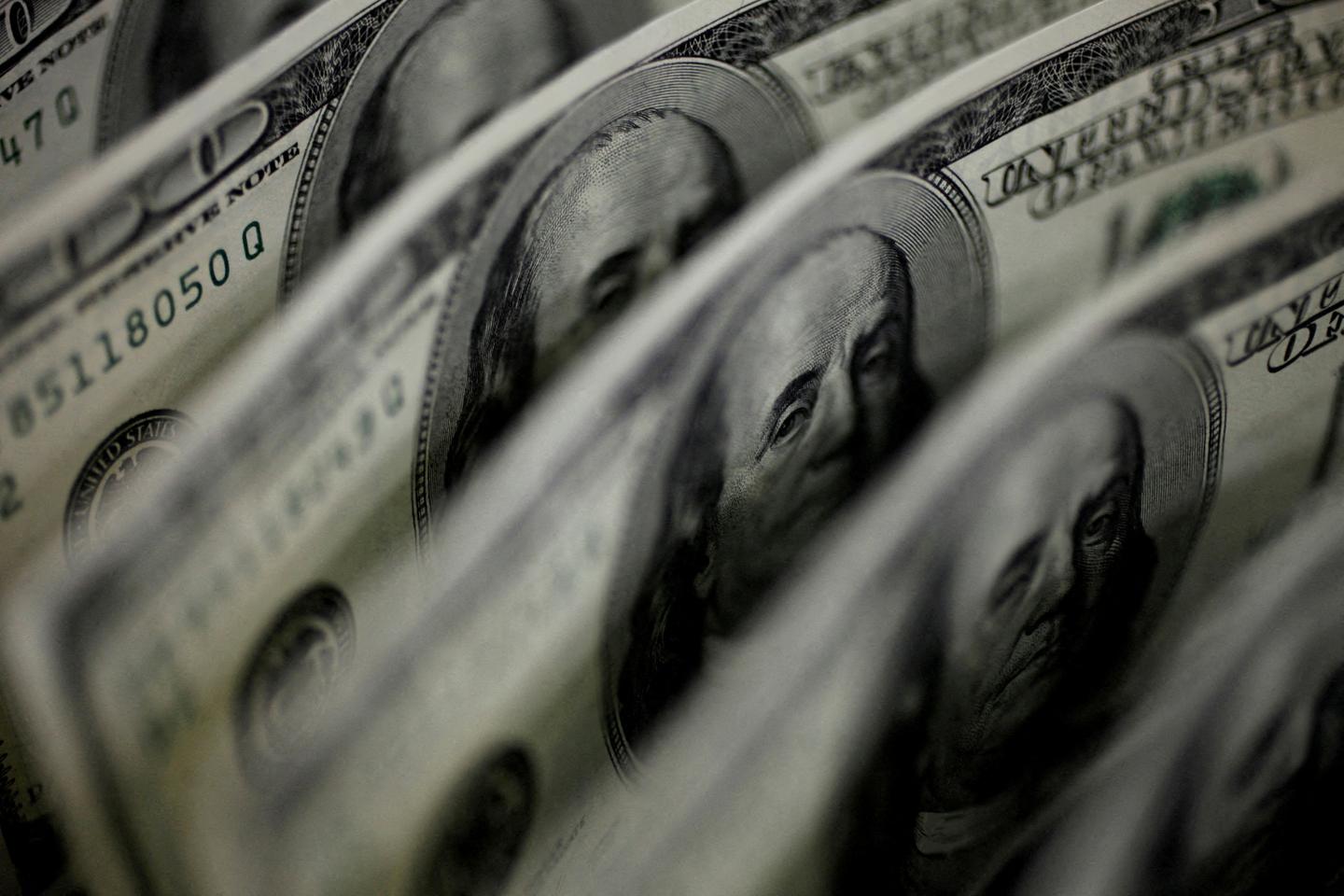


Some point the finger at the liberal globalization of the 1990s, which pushed countries into a race to the bottom in terms of taxation. Others accuse a handful of ultra-rich of lobbying political leaders by threatening to pack their bags if they raise taxes on them. The situation is appalling: At a time when public finances in many countries are stretched to breaking point, when climate change requires colossal investment to prepare our societies for the devastation it will bring, most governments are refusing to tax the ultra-rich, who enjoy their wealth without making a fair contribution to the countries and their public services from which they benefit. A fair contribution, because we're not talking here about an exceptional and persecutory tax justified by the urgency of the situation, but rather a "normal" tax, like that paid by all taxpayers.
Let's remind ourselves of the figures: Today, billionaires pay virtually no tax, because a large proportion of their income comes from capital (such as dividends) and is taxed less, if at all, thanks to the various optimization techniques they use. The report on global tax evasion published on October 23, 2023 by the EU Tax Observatory estimated the wealth tax they pay is between 0% and 0.5%. Taking all taxes into account, they are therefore taxed less than the middle classes.
The Observatory's work also showed that the wealth of the most affluent has increased by 6% to 9% per year worldwide since 1995, compared with 3% for average wealth. Put differently, this unfair taxation contributes to widening inequalities, and fuels the resentment of some citizens towards the ruling classes.
The report published on June 5 by Capgemini draws the same conclusions. It estimates that the number of very wealthy people in the world, i.e. those with disposable money (excluding primary residence) in excess of $1 million, stood at 22.8 million in 2023 (5.1% more than in 2022). Their wealth has also risen, with a total estimated wealth of $86.8 trillion, up 4.7% year-on-year. A record fueled by soaring stock markets.
Tax competition
Over the past 15 years, countries have engaged in a tax competition reminiscent of their long-running one to attract companies: Some have increased highly favorable regimes to attract high-income individuals. There are now 28 such schemes in Europe, compared with five in 1995, and they are cutting into budget revenues by the same amount.
Fortunately, more and more people are calling for fairer taxation of the ultra-rich. Brazil, which is currently at the head of the G20, has taken up economist Gabriel Zucman's proposal to introduce a global minimum tax of 2% on the wealth of the world's 3,000 billionaires. This would raise around $250 billion. A number of countries, including France, South Africa, Spain and Belgium, already support the measure. The usual doomsayers say that it will be impossible to implement, for both technical and practical reasons – the ultra-rich could always flee to countries which don’t apply such an agreement.
You have 17.05% of this article left to read. The rest is for subscribers only.
